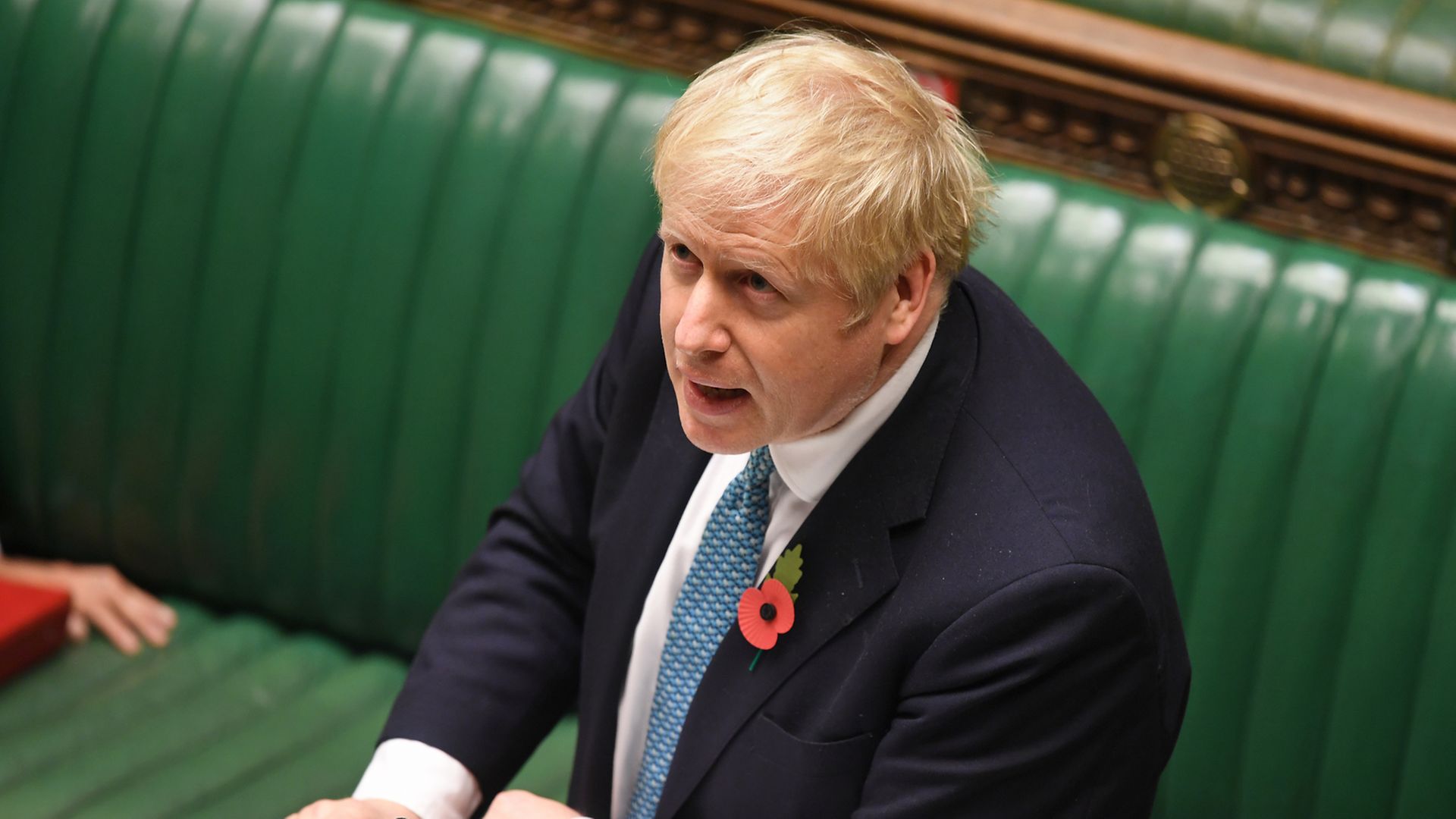
Boris Johnson has vowed to end the second lockdown on December 2 when the government “intends” to return to a regional tiered system.
Johnson guaranteed “without a shred of doubt” that the restrictions would expire on December 2, amid concerns on the Conservative benches that England’s lockdown could be extended.
A growing number of senior MPs on the Conservative backbenches have indicated they will oppose the new lockdown during a vote on Wednesday, a day before it is set to come into force.
He promised that the national lockdown in England, if approved by MPs, will automatically expire next month and the Commons “will have a vote to agree the way forward”.
The prime minister warned that “without action” there could be twice as many deaths over the winter as in the first wave, meaning there is “no alternative” but another national lockdown.
He said Covid-19 presents an “existential threat” to the NHS, with doctors being forced to choose which patients to treat and “who would live and who would die”.
Some experts have criticised scenarios, presented when the Government announced the new English lockdown, which estimate 4,000 deaths a day from coronavirus, saying that is based on out-of-date modelling, and suggesting numbers could actually be lower.
But another scientist said even the most optimistic models show around 500 daily deaths within two to three weeks as being a “best case” scenario, and warned that if further action was not taken this could rise above 1,000 daily deaths before Christmas.
Professor James Naismith, director of the Rosalind Franklin Institute, said waiting a few weeks to “prove beyond any doubt that the current measures have failed” would be to “put a hope over evidence and to risk at least 500 unnecessary deaths per day”.
Sir Keir Starmer accused the prime minister of a “catastrophic failure of leadership” for rejecting a recommendation from scientists to impose a shorter “circuit-breaker” lockdown in September.
The Labour leader warned that the “human cost” of a growing daily death rate was a result of Johnson being “behind the curve” at every stage.
Johnson also faced growing unrest from his own MPs, who are angry over the impact to the economy of a new shutdown and on personal freedom.
Sir Charles Walker, vice-chairman of the powerful 1922 Committee of Tory backbenchers, said he would vote against the legislation, arguing that the UK is drifting “further into an authoritarian, coercive state”.
“The people of this country will never, ever forgive the political class for criminalising parents seeing their children and children seeing parents,” he told the prime minister.
Any Tory rebellion on Wednesday is likely to be only symbolic, with Labour poised to back the government on the measures.
Conservative former cabinet minister Esther McVey said she would vote against the four-week lockdown because the “‘lockdown cure’ is causing more harm than Covid”.
Sir Graham Brady, the influential chairman of the 1922 Committee, said: “If these kinds of measures were being taken in any totalitarian country around the world, we would be denouncing it as a form of evil.”
Warning: Illegal string offset 'link_id' in /mnt/storage/stage/www/wp-includes/bookmark.php on line 357
Notice: Trying to get property 'link_id' of non-object in /mnt/storage/stage/www/wp-includes/bookmark.php on line 37






